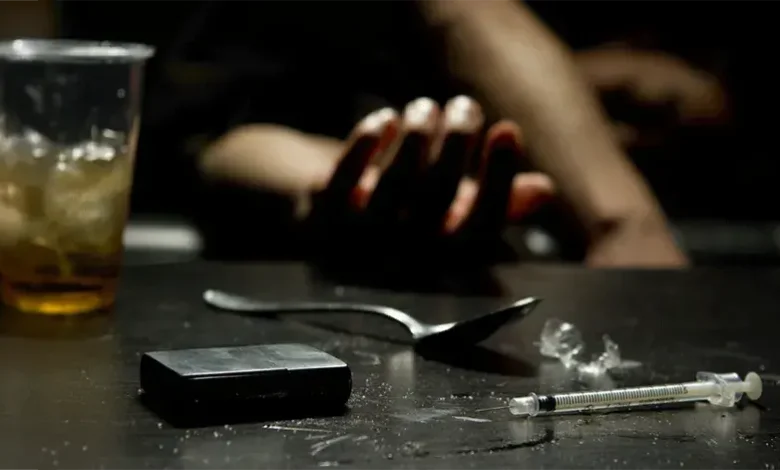Drugs (Prevention of Misuse) Act

The Drugs (Prevention of Misuse) Act is Dominica’s principal legislation aimed at controlling drug misuse within the nation. Enacted in 1988, this Act regulates various controlled substances, including but not limited to cannabis, and establishes guidelines for their possession, production, and distribution. The Act has undergone amendments to adapt to evolving drug use perspectives and enhance public health and safety measures.
Scope of the Drugs (Prevention of Misuse) Act
Dominica’s Drugs (Prevention of Misuse) Act encompasses a broad range of controlled substances, categorised into different classes based on their potential for misuse and harm. These classifications are detailed in the Third Schedule of the Act and include:
- Class A Drugs: Substances with the highest potential for abuse and no accepted medical use, such as certain opiates and synthetic narcotics.
- Class B Drugs: Drugs that have a lower potential for abuse compared to Class A but are still considered dangerous, including cannabis and its derivatives.
- Class C Drugs: Substances with a recognized medical use but a potential for misuse, necessitating regulation.
The Act specifies offenses related to these controlled drugs, including:
- Possession: Unauthorized holding of controlled substances.
- Trafficking: Involvement in the distribution, sale, or transportation of controlled drugs.
- Production: Cultivation or manufacturing of controlled substances without proper authorization.
Penalties for these offenses vary depending on the drug classification and the nature of the offense, ranging from fines to imprisonment.
Advisory Council on the Misuse of Drugs
To effectively monitor and address drug misuse, the Act establishes the Advisory Council on the Misuse of Drugs. This council is tasked with:
- Reviewing the drug misuse situation in Dominica: Assessing trends and emerging issues related to drug abuse.
- Advising the government: Providing recommendations on measures to prevent drug misuse and address related social problems.
- Promoting research and education: Encouraging studies on drug dependence and public awareness campaigns to inform citizens about the dangers of drug misuse.
The council’s role is crucial in shaping policies and strategies to combat drug-related issues within the country.
2020 Amendments: Focus on Cannabis
In October 2020, significant amendments were made to the Act, particularly concerning cannabis. These changes reflect a shift towards more lenient policies on cannabis use while maintaining public health and safety standards. Key amendments include:
- Decriminalization of Small Quantities: Individuals aged 18 and over are permitted to possess up to 28 grams (approximately one ounce) of cannabis without facing criminal charges. Possession beyond this limit remains unlawful.
- Cultivation for Personal Use: Adults are allowed to cultivate up to three cannabis plants at their permanent residence for personal use.
- Public Consumption Restrictions: Smoking or using cannabis in public places is prohibited. Violations can result in a fine of $1,500, but such convictions do not form part of the individual’s criminal record.
These amendments aim to reduce the burden on the judicial system and acknowledge changing societal attitudes towards cannabis.
Impact on Medicinal Cannabis
The 2020 amendments have also paved the way for discussions on establishing a regulated cannabis industry in Dominica. The government has expressed intentions to develop this sector, aiming to provide alternative medical treatments and stimulate economic growth through regulated cultivation and distribution.
Future Considerations and Challenges
While amendments to the Act have been a progressive step, challenges remain regarding public perception, law enforcement, and international compliance. The government continues to review policies and monitor the impact of recent changes.
The Drugs (Prevention of Misuse) Act remains a cornerstone of Dominica’s drug policy, balancing public safety, economic opportunity, and changing societal attitudes toward cannabis and controlled substances.




